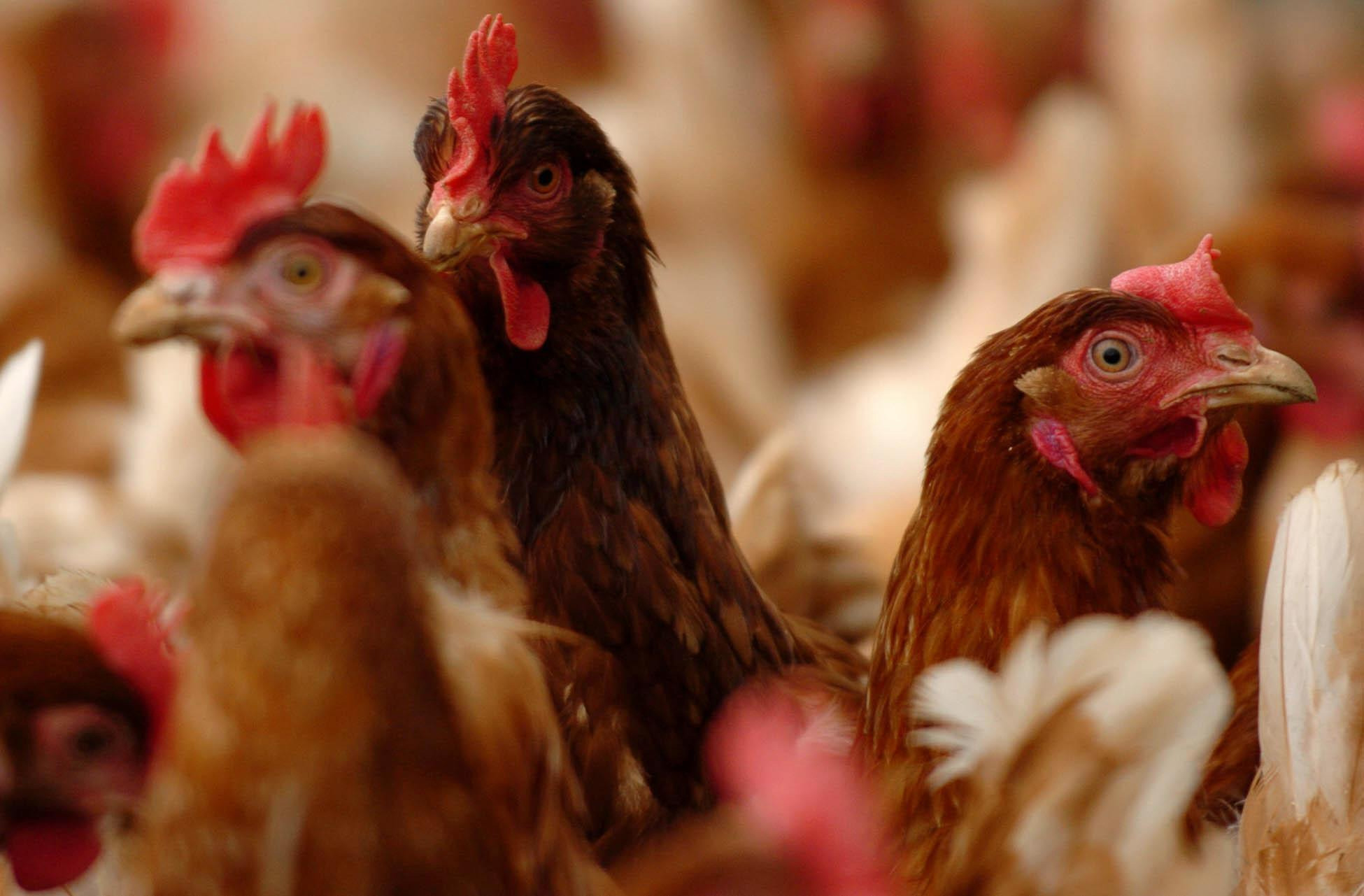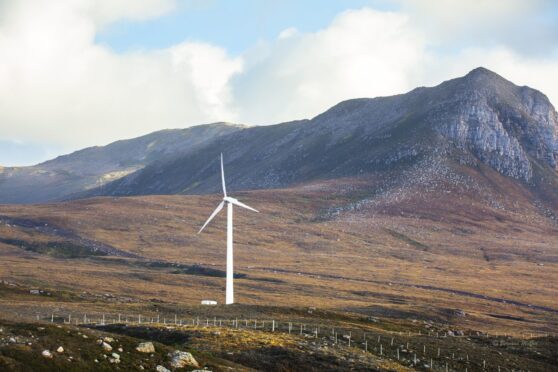Bird biosecurity measures have been stepped up across the country in response to the outbreak of avian influenza in England and the continued circulation of the virus in wild bird populations in Europe.
All 2,500 birds at the affected farm in Lincolnshire have been destroyed, the farm has been disinfected and there have been no subsequent cases reported, though restrictions around the site remain in place.
The Government has imposed a temporary suspension of gatherings of species of birds which are at risk of spreading the highly pathogenic H5N8 flu, including all poultry and game bird species, ducks, geese and swans. Gatherings of pigeons, aviary birds and birds of prey can continue to take place.
The Avian Influenza Prevention Zone declared across Scotland remains in force until January 6 and bird keepers have been reminded that they should continue to keep their birds housed to ensure they are kept separate from wild birds..
Rural Economy Secretary Fergus Ewing urged bird keepers to review their biosecurity measures to ensure they were doing everything they can to protect their flocks.
And Scotland’s Chief Veterinary Officer Sheila Voas said it was important to take appropriate steps to reduce the possible spread of disease.
“Suspending bird gatherings of high risk species is a proportionate way to reduce the likelihood of consequential spread, and further limit the chances of a multifocal outbreak occurring in Scotland,” she said.
“I strongly advise keepers to discuss their specific arrangements with their private vets, or local Animal Plant and Health Agency office, as they are best placed to provide practical advice for your situation. Keepers who are concerned about the health or welfare of their flock should seek veterinary advice immediately.
“Expert advice remains that consumers should not be concerned about eating eggs or poultry and the threat to public health from the virus is very low.”
Meanwhile European Food Safety Authority (EFSA) experts have identified and ranked a set of biosecurity measures that can be implemented in different areas of a farm. These measures include preventing contact between wild birds and poultry, indoor housing of birds, and keeping geese and ducks separate from other poultry.
EFSA experts will deliver a scientific opinion on avian influenza in 2017. The scientific opinion will assess the risk of other avian influenza viruses entering the EU, analyse biosecurity measures for turkeys and ducks and evaluate the mechanisms responsible for the mutation of low pathogenic avian influenza to high pathogenic avian influenza viruses.










